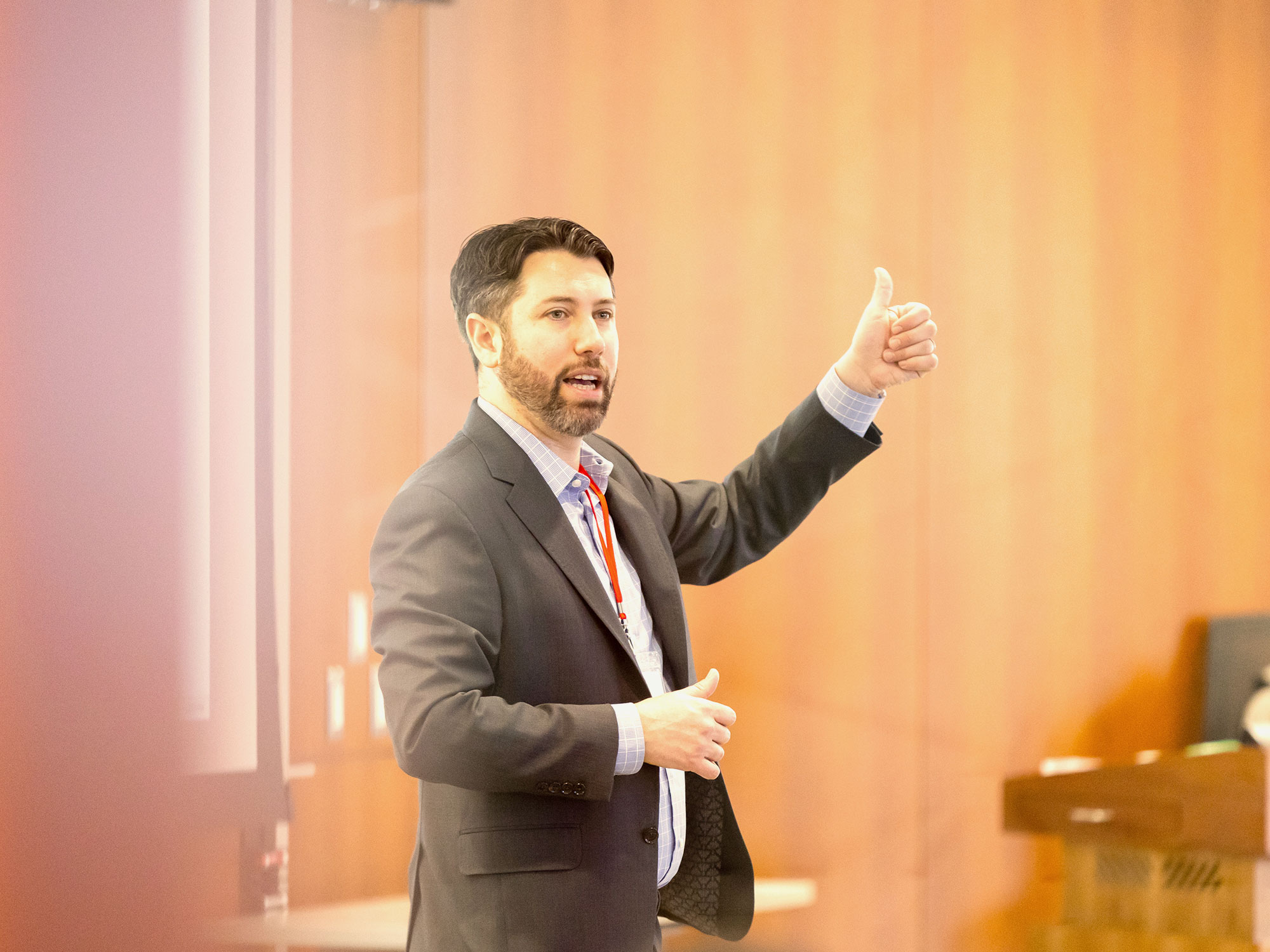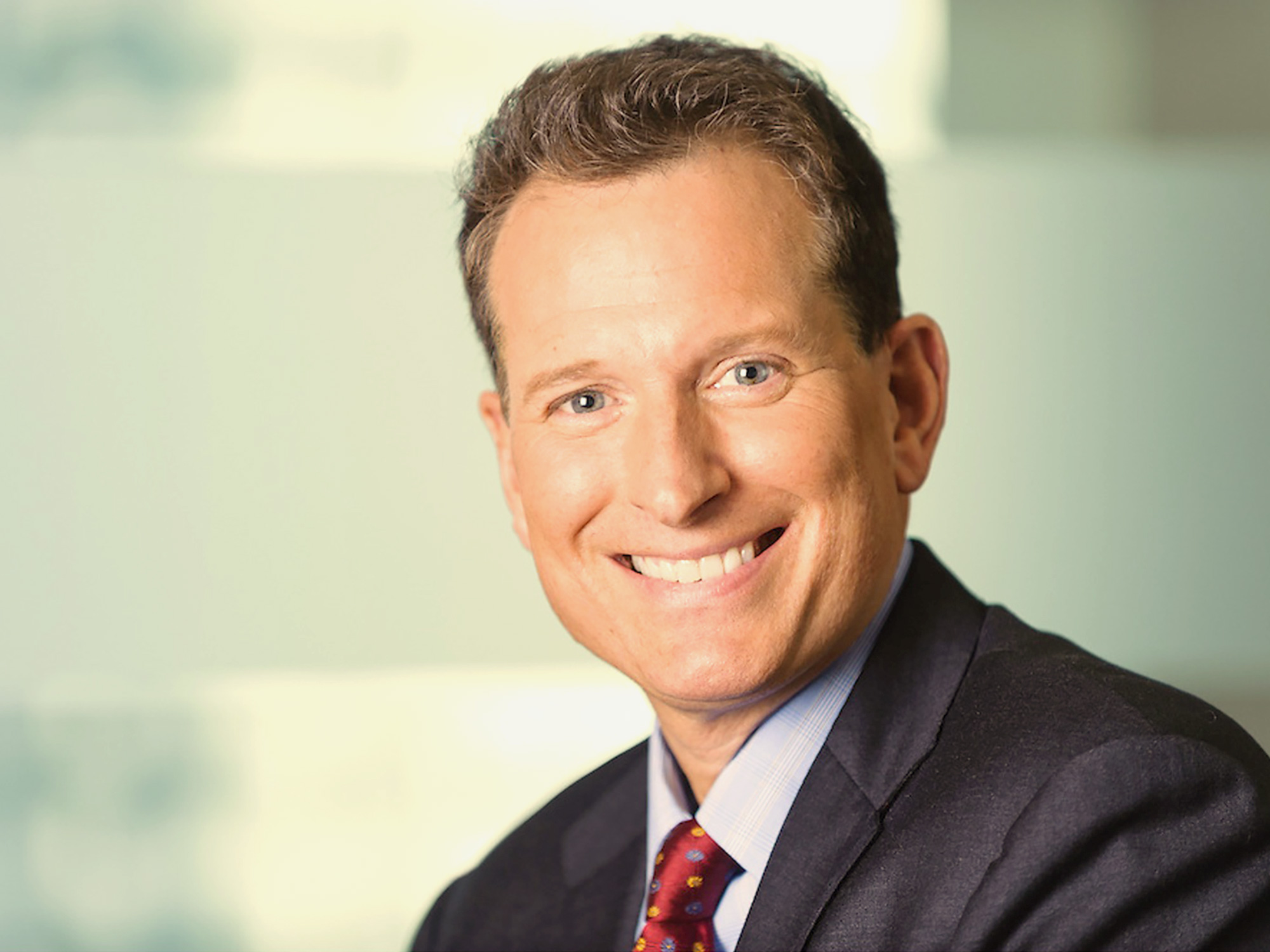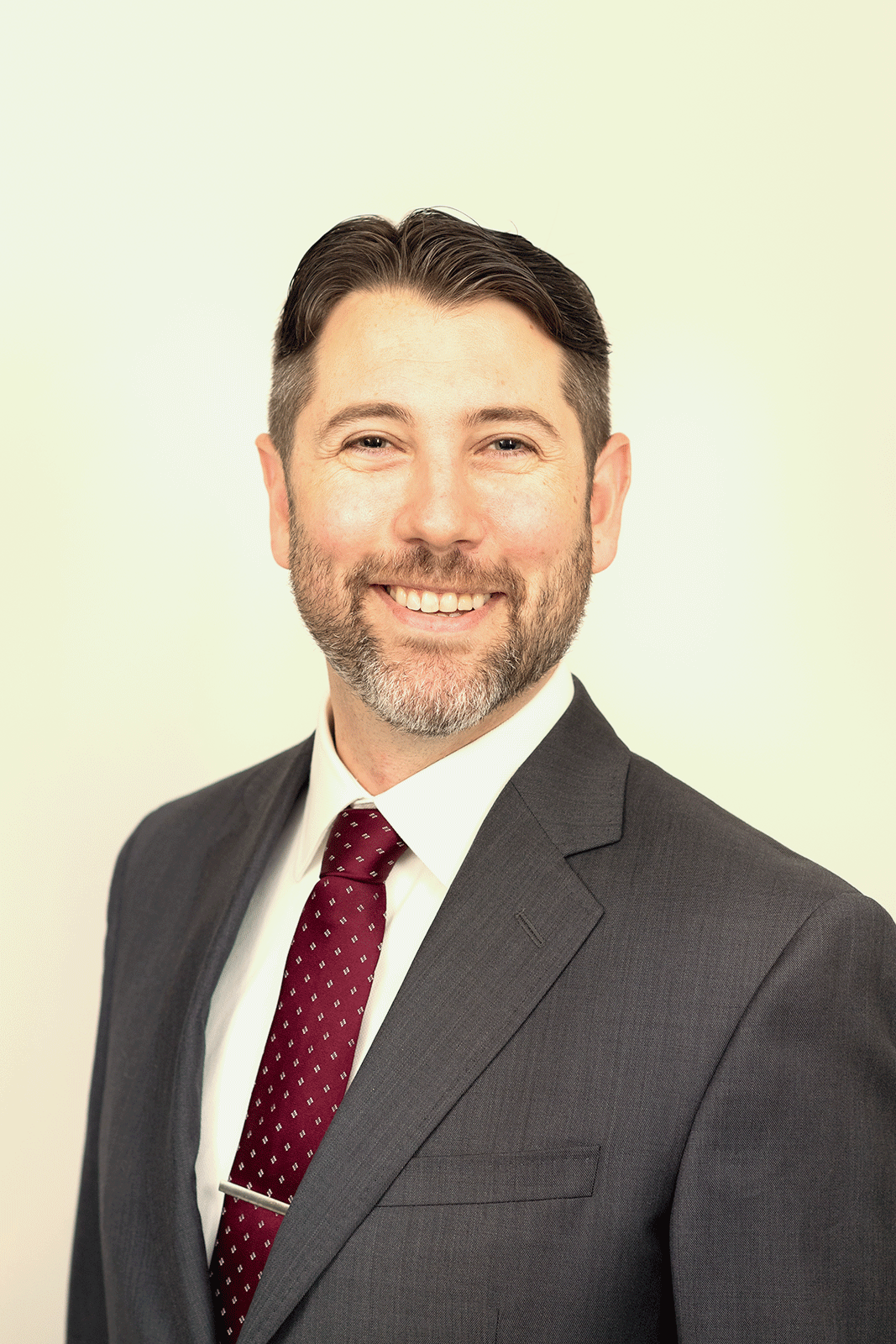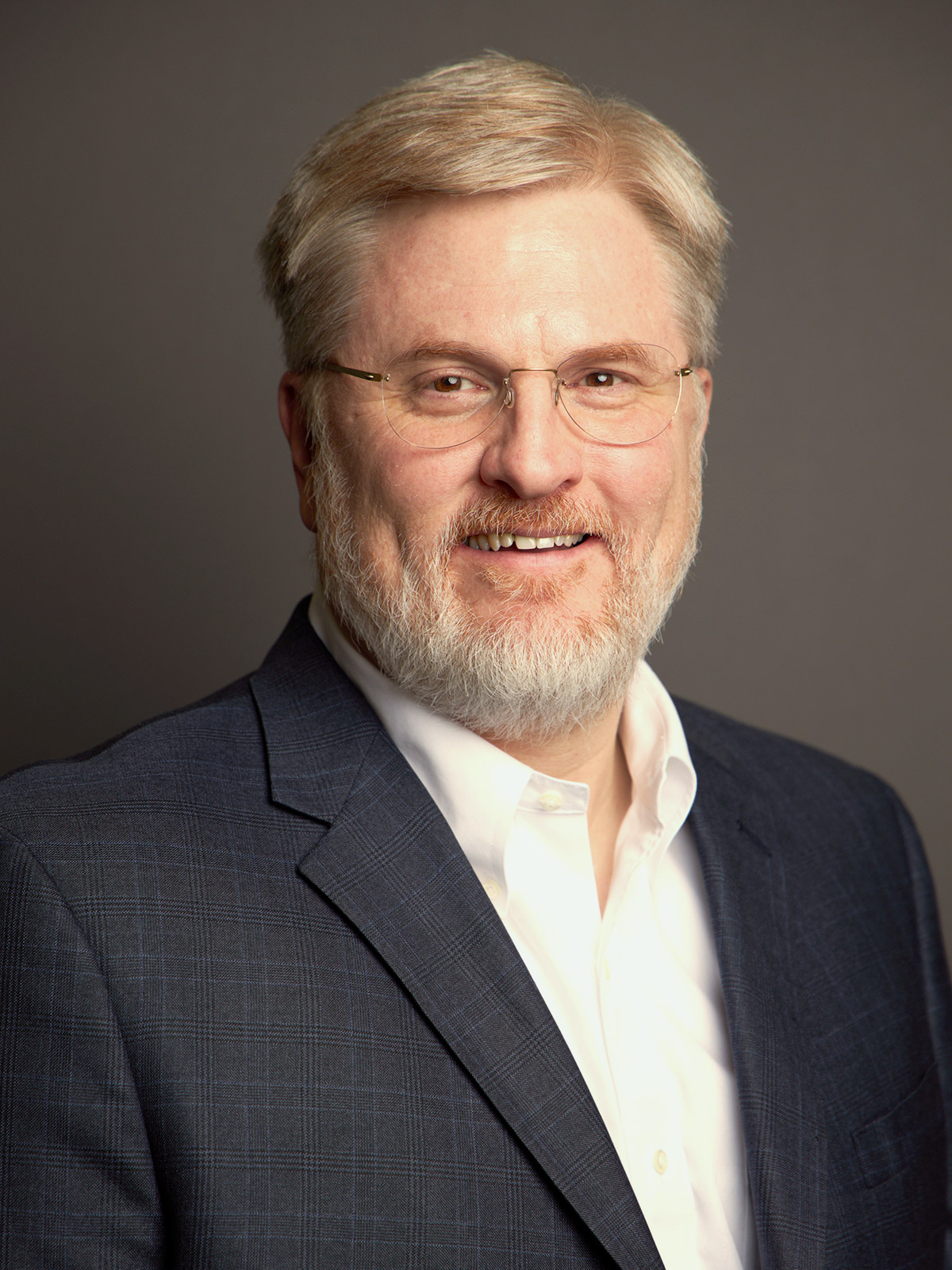Program Overview
Ready to deepen your financial expertise and enhance your career potential? Develop the advanced knowledge and practical skills you need to take on greater professional responsibilities or make a career pivot.
In the Finance Master’s Degree Program, you’ll:
- Gain an understanding of core elements of organizational finance decisions, including accounting and financial statement analysis, principles of finance, investments, corporate finance, and business valuations.
- Build advanced knowledge of economic theory, corporate finance, mergers and acquisitions, and risk management.
- Develop quantitative and problem-solving skills in resolving complex financial decisions.
- Graduate with a Harvard University degree: Master of Liberal Arts (ALM) in Extension Studies in the field of Finance.
Courses
The 12-course Finance Graduate Program is designed to help you develop practical skills that you can apply immediately in your career. You can study part time, choosing courses that fit your schedule and align with your learning goals.
Example Finance Courses
- Business Analysis and Valuation
- Corporate Finance
- Financial Accounting Principles
- Microeconomic Theory
- Introduction to Quantitative Methods for Economics and Finance
- Principles of Finance
Download an Example Pathway:
Example Elective Courses
- Behavioral Economics and Decision Making
- Fundamentals of Sustainable Investing
- Venture Capital
- Hedge Funds: History, Strategies, and Practice
- Principles of Real Estate
Stackable Certificates
As you work toward your master’s degree, you can take courses that also count — or “stack” — toward a graduate certificate. It’s a cost-effective, time-saving opportunity to build specialized skills and earn a professional credential along the way to your degree.
Stackable graduate certificates include:
Admissions
The path to your degree begins before you apply to the program. You’ll earn your way in through our performance-based admissions, completing coursework for admission and earning credits toward your degree right away. Alternatively, you can pursue the HBS Online CORe or MITx MicroMasters® Admissions Pathway.
Next Start Term
You can enroll in your first admission course this summer or fall.
Course registration opens March 3 for summer and in mid-July for fall.
Featured Faculty
Our finance instructors bring a genuine passion for teaching, with students giving our faculty an average rating of 4.6 out of 5.
Career Opportunities & Alumni Outcomes
With a graduate degree in finance, you can prepare to advance in a variety of roles. Our finance graduates work in a range of finance-related industries, including accounting, banking, biotechnology, information technology, investment and asset management, and financial management consulting.
Sample Alumni Job Titles
- Hedge fund analyst
- Credit analyst
- Compliance analyst
- Corporate strategy manager
- Vice president of mergers and acquisitions
Sample Alumni Employers
- Bain Capital
- Bank of America
- Citizens Bank
- HBO
Program Benefits
Experience a rigorous curriculum. 97% of recent graduates would recommend the program.
Access career advising and other services through Harvard’s Mignone Center for Career Success, including career fairs like the annual Finance and FinTech Fair.
Explore entrepreneurial opportunities through the Harvard Innovation Labs.
Pursue paid research opportunities through the Faculty Aide Program.
Become a member of the worldwide Harvard Alumni Association (400,000+ members) and Harvard Extension Alumni Association (29,000+ members).
Tuition & Financial Aid
Learn more about the cost of attendance.
FAQs
What is a Master’s in Finance?
A master’s degree in finance can help financial professionals deepen their knowledge and technical skills in the financial field. Students who choose to get this degree are often already working in finance or a related field. Core courses can provide a solid foundation in the principles of finance, while electives can help you specialize your degree.
What Can You Do With a Master’s Degree in Finance?
A master’s degree in finance gives you foundational knowledge and practice skills to help your organization better manage its finances and investments. Whether you specialize in mergers and acquisitions, real estate investment, sustainable finance, or monetary policy, a master’s degree will give you the skills and tools you need to keep your career moving forward. It may even help you advance into mid- or even senior-level positions or start a new career in finance.
For more information on how a master’s degree in finance can help advance your career, read our blog Corporate Finance Career Path: How to Keep Your Growth on Track.
Is a Degree in Finance Useful?
A degree in finance is a great way to supplement and expand the real-world experience you’ve developed in the office.
Our curriculum offers the theoretical and academic knowledge you need to solve problems and develop solutions in creative and practical ways. You’ll find yourself applying the tools you learn in class right from the start.
Is a Career in Finance a Good Career?
The outlook for careers in finance is strong.
Careers in finance tend to be stable, even during economic downturns. And the job market for experienced finance professionals is likely to continue to grow over the next decade. The potential for a high-income career — especially for individuals with an advanced degree and several years of experience — is excellent.
How Long Does It Take to Complete the Finance Graduate Program?
Program length is ordinarily anywhere between 2 and 5 years. It depends on your preferred pace and the number of courses you want to take each semester.
For an accelerated journey, we offer year round study, where you can take courses in fall, January, spring, and summer.
While we don’t require you to register for a certain number of courses each semester, you cannot take longer than 5 years to complete the degree.
Download the U.S. Student Course Pathway or the International Student Course Pathway to visualize several ways you could progress through the program.
How Will This Finance Master’s Degree Program Help My Career?
A master’s degree in the field of finance demonstrates your mastery of the key knowledge and critical skills to build and advance a successful career in finance.
In the program at Harvard Extension School, you’ll gain an understanding of core elements of organizational finance decisions, including accounting and financial statement analysis, principles of finance, investments, corporate finance, and business valuations.
You’ll build advanced knowledge of economic theory, corporate finance, mergers and acquisitions, international markets, and risk management.
Whether you are seeking to advance your career in finance or taking the first step in a career change, you can gain the knowledge you need to prepare for roles such as account manager, cash manager, financial analyst, financial risk analyst, or financial auditor. You may also qualify for senior financial management positions such as controller, treasurer, or even chief financial officer.





